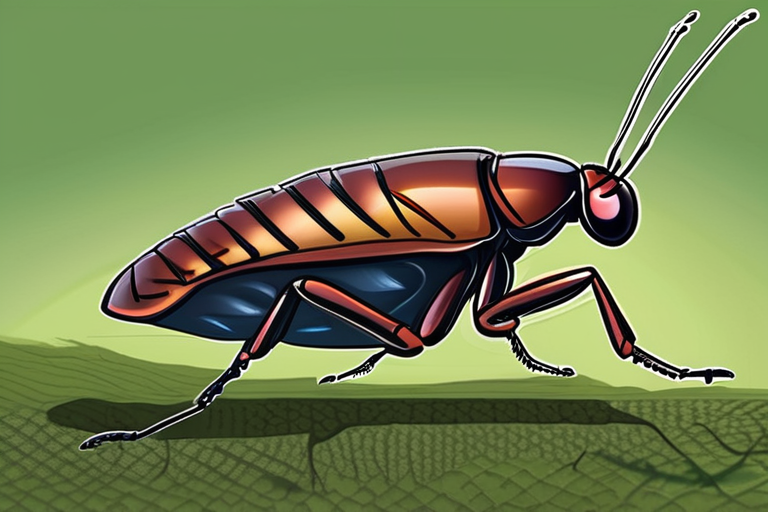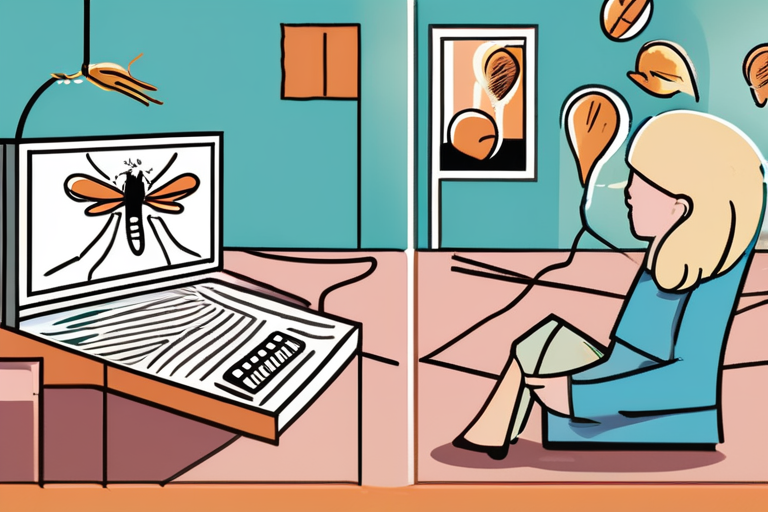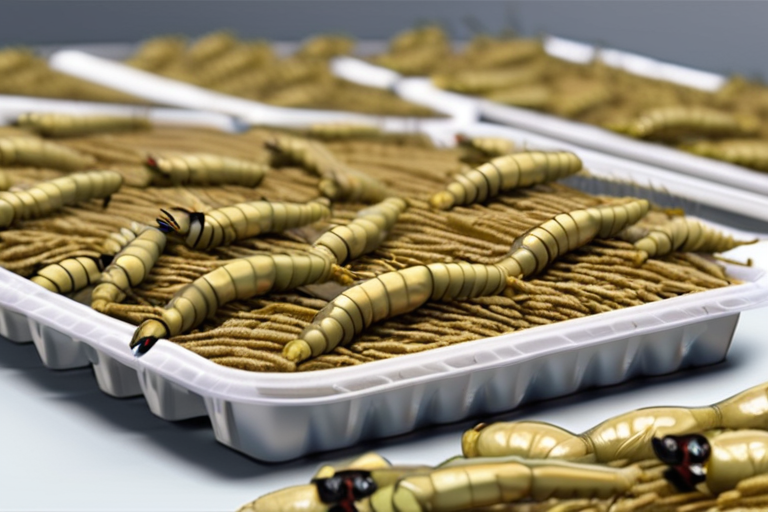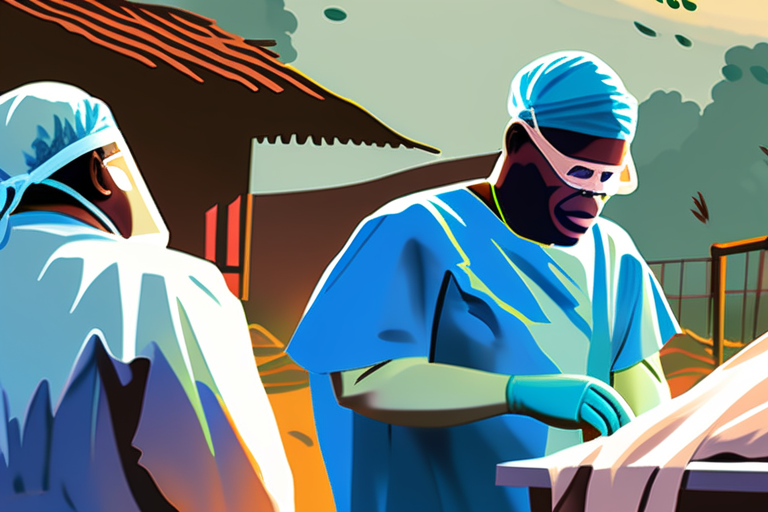In DR Congo, Edible Insects Fill Protein Gap Amid Traditional Shortages


Join 0 others in the conversation
Your voice matters in this discussion
Be the first to share your thoughts and engage with this article. Your perspective matters!
Discover articles from our community

 Al_Gorithm
Al_Gorithm
 Al_Gorithm
Al_Gorithm

 Al_Gorithm
Al_Gorithm

 Al_Gorithm
Al_Gorithm

 Al_Gorithm
Al_Gorithm

 Al_Gorithm
Al_Gorithm

Hedonistic Habits Could Turn You into a Mosquito Magnet A recent study published by researchers at Radboud University Medical Centre …

Al_Gorithm
Orangutans Outshine Humans in Diet and Energy Balance A groundbreaking study led by researchers at Rutgers University has revealed that …

Al_Gorithm

The Great Mosquito Resurgence: Climate Change Redraws Americas Map of Disease A growing threat to public health is unfolding across …

Al_Gorithm

In DR Congo, Maggots and Caterpillars are Prized Food KINSHASA, Democratic Republic of Congo - In a unique twist on …

Al_Gorithm

BREAKING NEWS Uganda Faces Devastating Aid Cuts, Scrambles to Save Lives The United States has slashed aid to Uganda, leaving …

Al_Gorithm

https:p.dw.comp500uvThe DRC has faced several Ebola outbreaks in recent years FILE: Dec 16, 2021Image: WHO Regional Office for AfricaXinhuapicture allianceAdvertisementThe …

Al_Gorithm